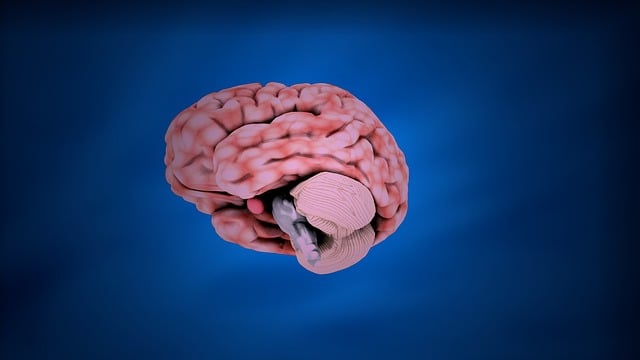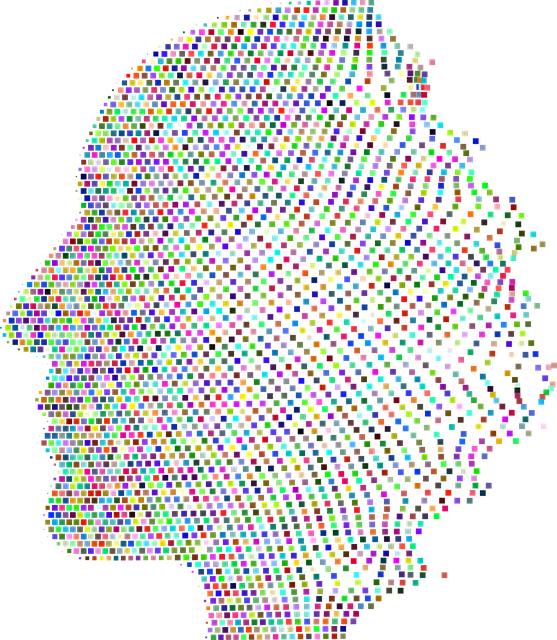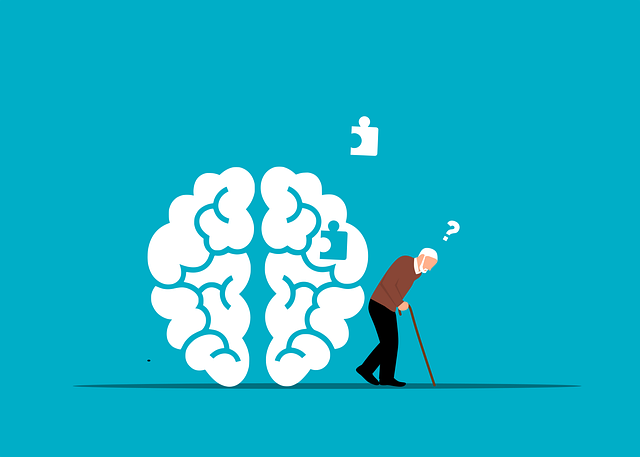Aurora Mental Health Evaluations offer a comprehensive, holistic approach to understanding and addressing mental wellness through structured interviews, clinical assessments, and evidence-based tools. This process includes demographic data, personal histories, and symptom evaluation, integrating cultural influences and individual experiences for accurate diagnoses. Using tools like BDI, GAD-7, and MBI, along with mental wellness journaling and observation, provides qualitative and quantitative insights into patient progress. Advanced data analysis techniques, including machine learning and AI, revolutionize care by predicting outcomes, facilitating early interventions, and enhancing therapy effectiveness through personalized treatment plans tailored to each client's unique needs.
Mental health data analysis has emerged as a powerful tool in understanding and improving patient outcomes. This comprehensive guide explores the intricacies of Aurora Mental Health Evaluations—a thorough assessment method used in therapy. We delve into strategies for effective data collection, covering what to measure during sessions. Advanced techniques for analyzing this data are also discussed, leading to insightful interpretations that inform personalized treatment plans. Ultimately, integrating these findings into clinical practice promises enhanced patient care and improved outcomes.
- Understanding Aurora Mental Health Evaluations: A Comprehensive Overview
- Data Collection in Therapy: What to Measure and How
- Advanced Techniques for Analyzing Mental Health Data
- Interpreting Results: Unlocking Insights for Personalized Treatment
- Integrating Findings into Clinical Practice: Enhancing Patient Outcomes
Understanding Aurora Mental Health Evaluations: A Comprehensive Overview

Aurora Mental Health Evaluations offer a comprehensive framework for understanding and addressing an individual’s mental health status. These evaluations go beyond mere diagnosis by providing a detailed picture of one’s emotional well-being, psychological functioning, and risk factors. Through structured interviews, clinical assessments, and evidence-based tools, therapists gain valuable insights into the client’s thought processes, behaviors, and coping mechanisms. This holistic approach allows for tailored therapy plans that target specific areas of need, be it managing stress, employing emotional well-being promotion techniques, or leveraging mind over matter principles to foster resilience.
The process involves a series of steps designed to capture a nuanced view of mental health. It begins with gathering demographic information and personal histories, followed by assessments tailored to identify symptoms, assess severity, and evaluate potential risk. This data is then interpreted within the context of cultural influences and individual experiences to ensure accurate diagnoses and personalized treatment recommendations. By integrating these evaluations into therapy, practitioners can offer effective interventions that not only alleviate current mental health challenges but also empower individuals with tools for long-term emotional well-being management.
Data Collection in Therapy: What to Measure and How

In therapy sessions, data collection plays a pivotal role in understanding and improving mental health outcomes. When it comes to Aurora Mental Health Evaluations, therapists need to identify key metrics that capture the patient’s current state and track progress over time. This includes assessing symptoms of common mental health disorders like anxiety, depression, and stress using standardized tools such as validated questionnaires and interviews. For instance, measures like the Beck Depression Inventory (BDI) or the Generalized Anxiety Disorder 7-Item Scale (GAD-7) can provide quantitative data for analysis.
Furthermore, incorporating Burnout Prevention Strategies for Healthcare Providers into therapy sessions can be beneficial. Therapists might track the patient’s emotional exhaustion, depersonalization, and personal accomplishment levels using tools like the Maslach Burnout Inventory (MBI). In addition to these formal assessments, encouraging patients to engage in Mental Wellness Journaling Exercises offers qualitative insights into their thoughts, feelings, and coping mechanisms. Similarly, Social Skills Training can be evaluated through observation and self-report measures, providing a holistic view of the patient’s progress in therapy.
Advanced Techniques for Analyzing Mental Health Data

In the realm of mental health, advanced data analysis techniques are transforming how we understand and address various psychological conditions. Technologies like machine learning and artificial intelligence (AI) play a pivotal role in this evolution. By analyzing vast datasets from Aurora Mental Health Evaluations, these tools can identify patterns and trends that may otherwise go unnoticed. This capability allows for more personalized treatment plans, enhancing the effectiveness of therapy.
For instance, AI algorithms can assist in predicting mental health outcomes, enabling healthcare providers to implement early interventions. Compassion Cultivation Practices and Mental Illness Stigma Reduction Efforts can also benefit from this data-driven approach, as it facilitates a nuanced understanding of patient demographics and cultural influences on mental well-being. Furthermore, Healthcare Provider Cultural Competency Training becomes more impactful when backed by such insights, fostering better connections between therapists and diverse client populations.
Interpreting Results: Unlocking Insights for Personalized Treatment

When analyzing mental health data from Aurora Mental Health Evaluations, the true value lies in interpreting the results to unlock meaningful insights that can guide personalized therapy and treatment plans. This involves delving into the details of each assessment, identifying patterns, and understanding the nuances of individual experiences. By carefully examining scores and trends within the evaluation data, therapists can gain valuable perspectives on a client’s emotional healing processes.
Through this interpretation, they can tailor Self-Awareness Exercises and Mental Wellness Journaling Exercise Guidance to meet specific needs, fostering deeper insight and personal growth. This data-driven approach ensures that therapy is not one-size-fits-all but rather adapts to the unique journey of each individual, enhancing the effectiveness of Aurora Mental Health Evaluations as a powerful tool in promoting mental wellness.
Integrating Findings into Clinical Practice: Enhancing Patient Outcomes

Integrating findings from mental health data analysis into clinical practice is a game-changer, transforming the way we approach patient care and outcomes. By utilizing advanced evaluation tools like Aurora Mental Health Assessments, therapists gain valuable insights into their clients’ emotional landscapes. These comprehensive evaluations enable practitioners to tailor therapy sessions, targeting specific issues and fostering personalized healing processes.
The benefits extend beyond individual treatment. Organizations can leverage data-driven decisions to implement effective crisis intervention guidance and burnout prevention strategies within their practices. By understanding the collective mental health trends among their clientele, therapists, counselors, and support staff are better equipped to create supportive environments that promote emotional well-being, ultimately enhancing patient outcomes and satisfaction.
Mental health data analysis is a powerful tool that, when combined with expert interpretation, can significantly enhance therapeutic outcomes. By understanding Aurora Mental Health Evaluations and employing advanced techniques to analyze collected data, therapists can gain valuable insights into their patients’ journeys. This allows for personalized treatment plans tailored to individual needs, ultimately improving patient care and well-being. Integrating these analytical findings into clinical practice ensures that therapists stay at the forefront of mental health support, offering innovative and effective therapy sessions.














